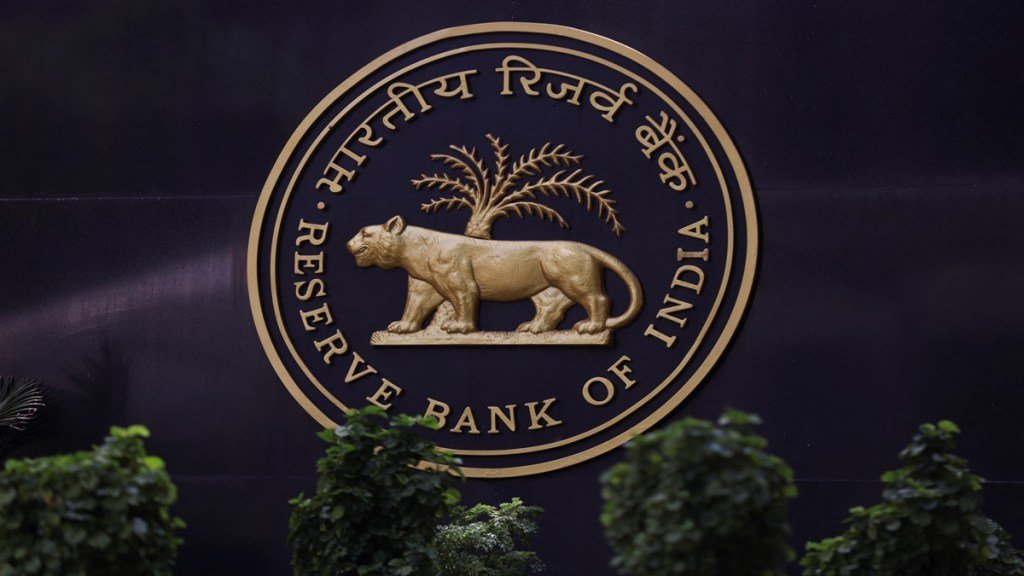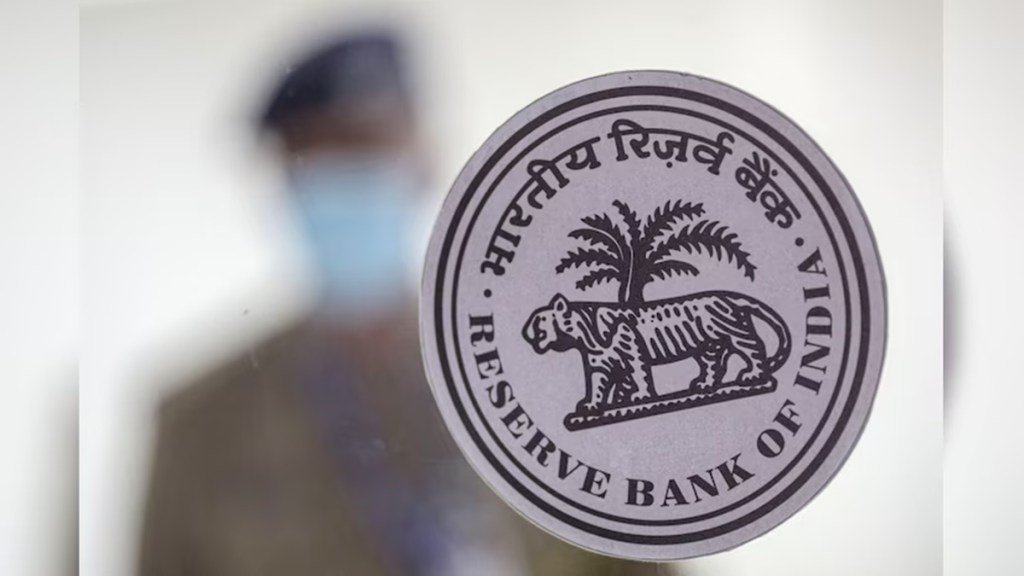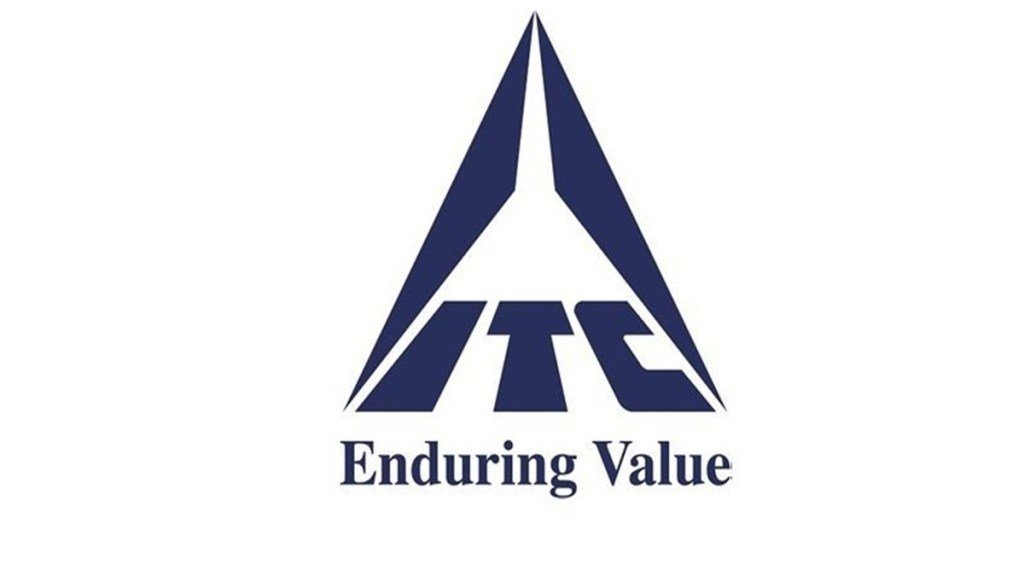
Foreign travelers planning to visit the US are being urged to carefully review their online presence before applying for a visa or boarding a flight. Immigration experts have noted that US authorities are increasingly scrutinizing public digital footprints to detect inconsistencies, unauthorized work, or misrepresentation. Agencies like the Department of State, Customs and Border Protection (CBP), and US Citizenship and Immigration Services (USCIS) are utilizing social media and other public data during background checks. These checks can take place during visa interviews, airport inspections, or while processing applications for work visas, status extensions, or citizenship.
Jennifer Behm, a Partner at Berardi Immigration Law, explained that US immigration officials review online content to verify applicants’ identities, identify discrepancies, and flag any signs of unauthorized work or misrepresentation. She emphasized that even small inconsistencies between an applicant’s online presence and visa application can lead to delays, questioning, or denial.
CBP officers have the authority to inspect phones and laptops at the border, and while not every traveler is subjected to such checks, there have been reports of an increase in these inspections. Some individuals have been detained or denied entry due to posts or tags associated with unauthorized work, recreational drug use, or political content.
Social media screening, originally introduced to detect national security risks, now forms part of the immigration vetting process. Behm pointed out that all visa applicants undergo an automated “baseline” social media screening, with only a select group receiving a more thorough manual review. Automated systems compare public content with watchlists and keyword filters, while deeper reviews are initiated by security alerts, inconsistencies, or travel to high-risk areas.
To ensure a safe online presence, Behm recommends that applicants treat their digital footprint as part of their immigration process, whether they are applying for a visitor visa or a work visa. She advises cross-checking public profiles with the DS-160 form and supporting documents. For example, job titles on LinkedIn should align with the visa application, and applicants for visitor visas should demonstrate strong ties to their home country, such as stable employment or housing.
Behm also warned about the indirect risks of online content. Even if someone else posts photos or tags an individual in activities like recreational drug use or political content critical of the US, it can attract scrutiny or enforcement actions. She suggests applicants address any discrepancies, adjust privacy settings on social media, and seek legal advice if they encounter complex cases. Above all, she cautions applicants never to lie to gain an immigration benefit, as misrepresentation can lead to serious consequences, including permanent bans from entering the US.
Recent reports of travelers being denied entry have raised concerns, and while many of these cases involve prior violations or misrepresentation, Behm acknowledged that there has been a shift in the tone of immigration enforcement. The current administration’s stance may have emboldened some CBP officers, and travelers could experience this shift when questioned upon entry into the US.


















